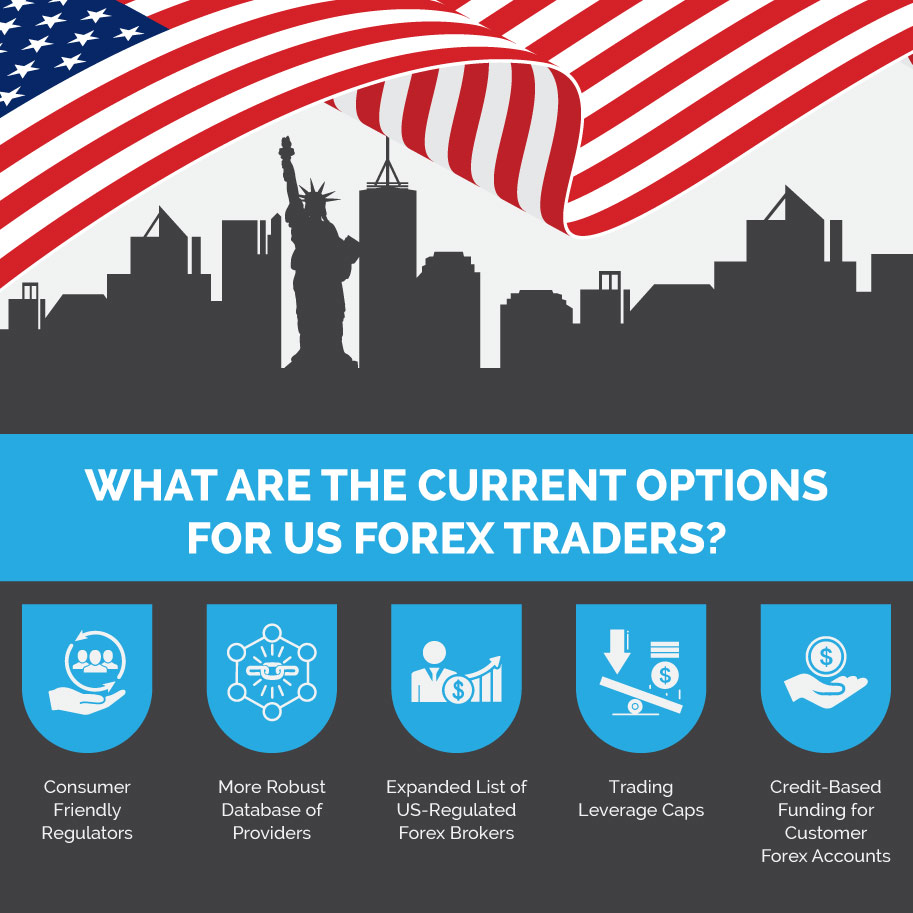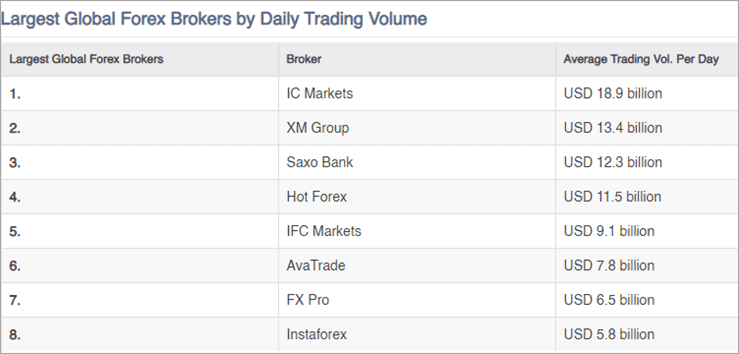Ever wondered why some forex brokers seem trustworthy while others feel like a trap waiting to snap? I’ve been there. Years ago, I almost opened an account with a broker claiming “zero regulation” as a feature. It sounded cool—more freedom, right? Wrong. That kind of freedom often leads to empty accounts and lost hope. This guide is here to help you avoid that mistake.
There’s one thing all traders—no matter the experience—should care about: regulation. It’s not just paperwork. It’s your first and last line of defense against scams, shady fees, and shady platforms.
So what’s the problem? Forex regulations change from country to country, and the differences aren’t small. In one place, you’ve got strong oversight and compensation schemes. In another, well… you’re basically on your own.
If you’re trying to find a safe, legit broker, understanding these rules is non-negotiable.
- The key differences in global forex regulation
- The top regulators you should know (FCA, CFTC, ASIC, and more)
- How to verify a broker’s license step by step
- The red flags of offshore and lightly regulated brokers
Stick with me. I’ll walk you through the maze of global forex broker regulations, simplify the jargon, and help you make smarter, safer choices with your money.
Why Forex Broker Regulation Matters
When you deposit funds into a broker account, you’re trusting them not just with your money—but with your entire trading future. That’s why I never open an account until I’ve triple-checked the broker’s regulatory status.
Protection Starts With Oversight
Regulated brokers are required to keep your funds in separate accounts, follow strict compliance rules, and regularly audit their financials. This isn’t just bureaucracy—it’s accountability. Without these checks, a broker could vanish overnight and take your money with them.
Unregulated Brokers Are Risky Business
I’ve seen traders lose everything from trading with flashy offshore brokers offering 1000:1 leverage and “instant bonuses.” The catch? No protection, no legal support, and no way to get your money back when things go south.
Licensing Proves Legitimacy
If a broker is regulated, you can find them in a government database. If they aren’t listed, that’s your sign to run. Don’t rely on what the broker claims—always verify it yourself. I’ll show you how in a bit.
Key Regulatory Authorities by Country
Every country has its own watchdog. Some are strict and trader-focused, while others are… let’s just say “relaxed.” Knowing the difference matters.

Here’s a snapshot of the most well-known regulatory authorities:
| Country | Regulator | Trust Level | Official Website |
|---|---|---|---|
| United States | CFTC / NFA | Very High | nfa.futures.org |
| United Kingdom | FCA | Very High | register.fca.org.uk |
| Australia | ASIC | High | asic.gov.au |
| Cyprus (EU) | CySEC / ESMA | Moderate to High | cysec.gov.cy |
| Japan | FSA Japan | High | fsa.go.jp |
United States: CFTC and NFA
The U.S. is no joke when it comes to forex. The Commodity Futures Trading Commission (CFTC) and the National Futures Association (NFA) demand high capital reserves and ban high-leverage products. If a broker operates in the U.S., it’s gone through fire to get there. You can verify any broker through the NFA BASIC tool.
United Kingdom: FCA
Trading with an FCA-regulated broker has always given me peace of mind. The Financial Conduct Authority requires client fund segregation, regular audits, and even has a compensation scheme if things go wrong. They’re known for shutting down shady brokers fast. Here’s where you can check for yourself: FCA Register.

Europe: CySEC and ESMA
European Union brokers must follow ESMA rules, like leverage caps and mandatory risk disclosures. CySEC in Cyprus is one of the more active regulators. That said, enforcement varies. I prefer CySEC brokers over unregulated ones, but I still double-check licenses via CySEC.
Australia: ASIC
The Australian Securities and Investments Commission (ASIC) used to be pretty flexible—but not anymore. Now they’ve limited leverage, banned bonuses, and tightened their license rules. Still, ASIC brokers remain a solid option, especially for international traders. Check licenses at asic.gov.au.

How to Verify a Broker’s License
This step is so important, I wish someone had hammered it into my brain years ago. Here’s how I always verify a broker’s claims:
Step-by-Step License Check
Start by visiting the regulator’s official website (linked above). Use the broker’s name—not their brand name—to search their license number. Most real brokers will display this somewhere in the footer of their site. If they don’t? Red flag. If the license doesn’t match? Bigger red flag.
Common Scams and Red Flags
Watch out for cloned broker sites (same name, fake license), offshore licenses from tax havens, and promises of “risk-free” trading or “guaranteed” profits. Legit brokers never offer that kind of language. Ever.
Don’t Trust. Verify.
Even if a broker says they’re regulated—check it yourself. I learned this the hard way after losing $700 to a fake broker “regulated” in some Caribbean island I’d never heard of. If it sounds too easy or too good to be true, it probably is.
Offshore and Loosely Regulated Brokers: Risks & Realities
I’ve received so many emails from readers who lost money with offshore brokers. Usually, these brokers are based in places like Vanuatu, St. Vincent and the Grenadines, or Belize. They promise no restrictions and high leverage, but when things go wrong? You’re on your own.
Why Offshore Seems Attractive
At first glance, offshore brokers look appealing. They offer bonuses, insane leverage, and fast account setup. But here’s what they don’t tell you: they operate under almost zero oversight. No independent audits. No client protection. And definitely no one to call if your money disappears.
What You Lose Without Strong Regulation
Without a strong regulatory body, there’s no guarantee your deposits are safe. There’s no one checking whether the broker is manipulating prices or even running a real trading platform. When you trade with an unregulated broker, it’s basically gambling with your eyes closed.
How to Spot the Red Flags
If a broker only has an offshore license and no tie to regulators like the FCA or ASIC, that’s a red flag. If they avoid direct answers when you ask about regulation—run. If they offer bonuses that lock your money until you hit impossible trading volumes, that’s another sign you’re in dangerous territory.

Final Thoughts: Choosing a Broker Based on Regulation
When I choose a broker now, regulation is at the top of my checklist. It’s not about trusting the platform’s website—it’s about who’s watching their back. And in this industry, someone better be.
Strict vs Lenient: The Trade-Offs
Yes, strict regulators might limit leverage and ask for more documents. But in return, you get transparency, accountability, and recourse. Looser jurisdictions might give you speed and flexibility—but they also give you sleepless nights.
Use Regulation as a Filter
I treat regulation like the first gate. If a broker isn’t regulated by at least one major authority, I don’t even go further. You should do the same. Then evaluate spreads, platforms, and support. But without regulation, none of those matter.
Keep Learning and Stay Updated
Regulations change fast. Countries update their rules all the time, especially with the rise of crypto and AI-powered platforms. Stay in the loop by following trusted sources and checking directly with regulators. Bookmark their sites and use them often.
FAQs
How do I know if a broker is regulated?
Go to the official site of the regulator (like NFA or FCA), search the broker’s legal name or license number. If it’s not listed there, it’s not legit. Always verify—don’t just take the broker’s word for it.
Is it illegal to use an unregulated broker?
It depends on where you live. In the U.S., you must use CFTC/NFA-regulated brokers. In other countries, you might legally be allowed to use offshore brokers, but you won’t be protected. I personally avoid them like the plague.
What’s the difference between FCA and CySEC brokers?
FCA-regulated brokers follow stricter rules, especially with client fund protection and dispute resolution. CySEC brokers follow EU law and offer good protections too, but enforcement varies. If I had to choose, I’d go FCA every time.
Epic Wrap-Up
Recap of Key Points
We broke down why regulation matters, spotlighted the top watchdogs (like CFTC, FCA, ASIC), and showed you how to check a broker’s license. I also shared the real dangers of offshore and unregulated brokers—something I’ve seen hurt too many traders.
Final Takeaway
If you’re serious about trading, you can’t afford to skip due diligence. Regulation isn’t a bonus—it’s the foundation of safe trading. Take 10 minutes to verify a broker before sending your money. Trust me, you’ll thank yourself later.
Closing Thought
You wouldn’t hand your wallet to a stranger on the street. So why hand it to a broker you haven’t checked out? Regulation is your seatbelt in the wild ride of forex trading. Buckle up, do your homework, and trade smart.
